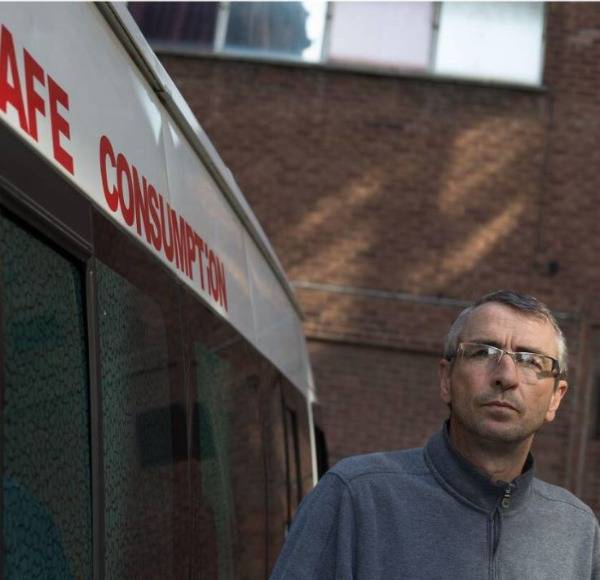
When I met Madihah in 2009, she was destitute and sleeping on someone’s floor in return for cleaning the house. She was just 19, and had fled to the UK from her native Eritrea. Her claim for asylum had been refused, and she was awaiting deportation. According to the International Organisation for Migration, no refused asylum seekers from Eritrea had been deported since August 2004.
When it comes to asylum seekers, the Home Office applies the Refugee Convention very stringently: individuals have to be able to show that they individually face persecution on return. Coming from a war zone is not sufficient. As with other immigration claims, these cases are often refused in the first instance but won on appeal. Moreover, the logistics of actually returning people to these war zones can be problematic, leaving many, like Madihah, in a legal black hole: cut off from public funds, not allowed to work, but not able to return to their home country.
“When you have been through so much, sleeping rough or going without food for a few days is not too much to bear. But in the end we are weak, and when hunger begins to eat the body and cold strips off your outer skin, then I have prayed for death,” Madihah told me at the time. I don’t know what happened to her: like an estimated 500,000 others, she dropped out of the system entirely. This demonstrates how certain immigration policies are not just inhumane, but impractical.
Yet successive governments have argued that allowing a temporary work permit while awaiting deportation, for example, would risk Britain being seen as a “soft touch”. Immigration rights have been steadily eroded and tightened over the course of several decades. Politicians of all stripes conflate economic migrants and asylum seekers, and resort to dog whistle politics to gain populist points.
That trend was continued at this year’s Conservative Party conference, as Theresa May announced a sweeping new immigration bill, aimed at creating a “hostile environment” for illegal immigrants. The bill will includes new measures to ensure that private landlords check on the immigration status of tenants, and will curb access to healthcare for illegal migrants. It will cut down the right of appeal for refused immigration claims. In the measure that has gained most media attention, it will also restrict judges' use of the European Human Rights Convention’s right to family life. This is aimed at making it easier to deport foreign criminals, and is triggered by the 12 year fight to deport radical Islamist cleric Abu Qatada (never mind that it was not the right to family life, but the right to a fair trial and freedom from torture that delayed Qatada’s return to Jordan).
Several national newspapers led on the line about “foreign criminals” and how the bill will make it easier to deport them, but of course, it is not just foreign criminals who will be affected by changes to the right to appeal. Tellingly, in her speech, May referred to “70,000 appeals heard every year”, saying that the winners are “foreign criminals and immigration lawyers”. The entire prison population of the UK is around 97,000. It is therefore obvious that just a tiny fraction of the 70,000 appeals May refers to are actually by foreign criminals (the Telegraph puts the number at 1,888, while a Guardian piece cites government statistics showing 216 cases in the second quarter of 2012).
In fact, May is using foreign criminals – who make up a small minority of immigration claims and appeals – to tar all immigrants and justify a sweeping clampdown on rights. Perhaps this should be no surprise; a recent study by the Migration Observatory at the University of Oxford found that the most common word to describe “immigrants” in the media is “illegal”. It is a damaging conflation.
May used her speech to imply that the relatively high success rate of appeals (around 30 per cent) demonstrates that judges are too lenient. But what if, in fact, the problem is that more often than not, immigration officials are not giving due consideration in the first place?
Right-wing newspapers may be rubbing their hands in glee at May’s suggestion that her party might seriously withdraw from the European Convention on Human Rights. Perhaps this will make it easier to deport those who have committed a crime. But for every one of these individuals, there will be 10 more, like Madihah, who have done no wrong and do not deserve to have further inhumane treatment meted out to them. Immigration and asylum are complicated issues with many separate strands; for the politicians in charge to delete nuance is a worrying trend.

